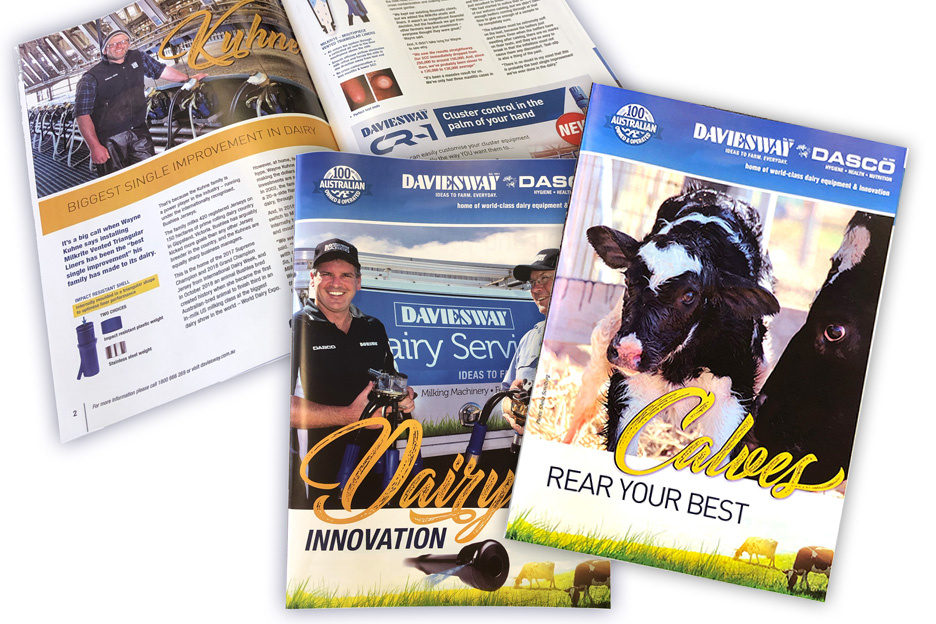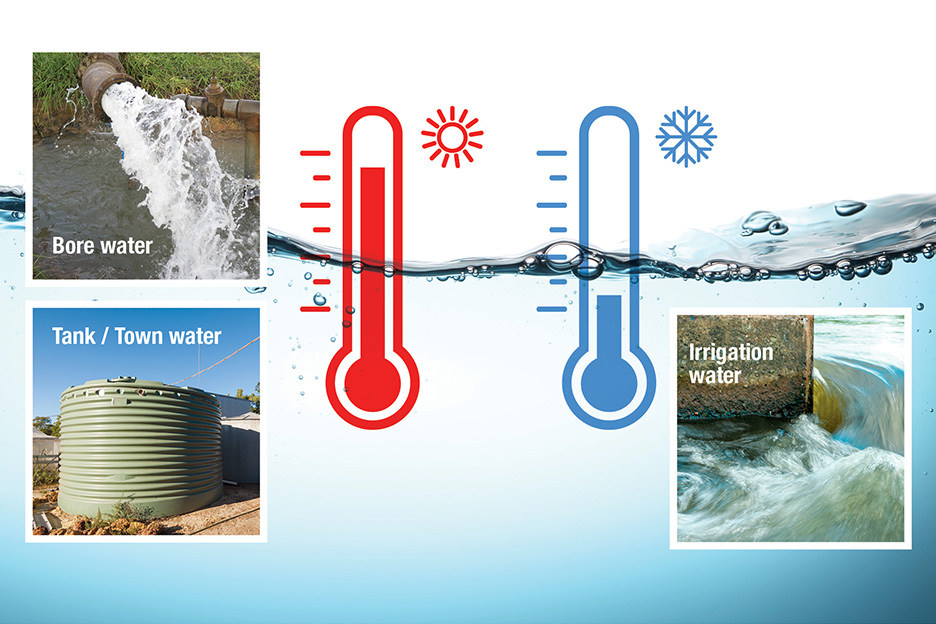
Two critical areas are often overlooked in the dairy washdown space.
One is super easy.
It simply involves a post-milking rinse between 30-40 degrees Celsius – with an alkaline wetting agent, ALKA RINSE.
This simple action will remove more than 98% of milk solids from your dairy plant.
It sets your plant up for the most efficient clean, because it removes that fatty milk film.
Yes, that's right: you can achieve that high a percentage clean, even before you start your formal wash-down.
Right now you may be wondering why more people don’t know about this?
I often wonder the same thing.
The positive feedback I get from dairymen when we share this simple piece of information always reminds me that I need to bring it up whenever I can. So here it is again:
After you finish milking, remove milk residues from the milk contact surfaces by using a warm, 30-40°C rinse containing ALKA RINSE to remove the milk film. Do not re-circulate.
A word of warning: the temperature of this step is critical. Too cold and milk fat solidifies, sticking on surfaces; too hot and milk protein denatures, also sticking to surfaces (and is then very hard to remove).
WATER QUALITY
The second step is to assess your water quality.
Quite bluntly: without a source of fresh, clean water for your dairy, you are being set up to fail. The minerals in your water can be a complex science to overcome. Our DASCO chemical hygiene team can certainly help you with that.
Water hardness is a measure of Calcium and Magnesium levels, and it is expressed as parts per million – or ppm. The dissolved inorganic salts of Calcium and Magnesium make water “harder”, particularly when significant amounts of Magnesium are involved.
For stock-drinking water, the cleanest pathogen-free water of <300ppm TH [Total Hardness] is recommended. Equally, the water used in teat sprays, milking machine, vat wash-rinse water and external plant wash-down, all need to meet the same criteria.
Of course, the higher water quality you have, it makes sense that the less chemical you will need overall. That, in itself, can save money.
POOR QUALITY WATER
However, what happens if your water quality is poor? This is common when conditions are dry.
When you heat poor quality water, it will precipitate sludge in water heaters, leading to both element fouling, and creating a haven for Thermoduric organisms.
Water that has dissolved metals (such as iron) is also likely to harbour extremophile-type organisms, which can attack equipment surfaces and drive localised corrosion.
The milking machine has multiple connection points and surfaces which act as potential hide-outs for a full range of micro-organisms. The highest risk points are those within the milking unit assembly – at rubberware connection points.
None of this is great news.
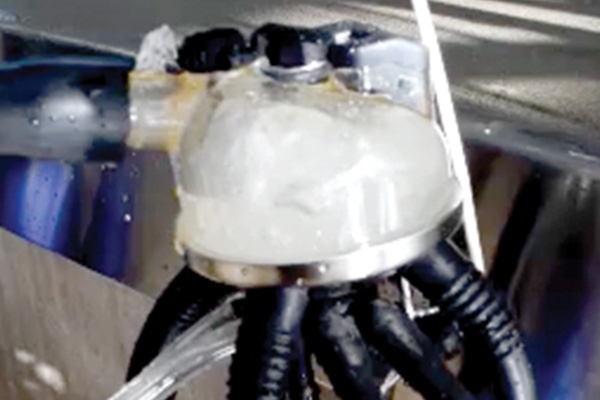
WATER SOFTENERS
However, in acknowledging that, DASCO can help.
The percentage of water softeners needed in detergents depends on the water hardness, wash temperature, and wash time.
For the wash-down process to be successful, it is important to stop the water hardness salts from reacting with the various components of milk. In alkaline detergents this is done using complexing agents that soften the water by stopping Calcium, Magnesium, Iron and Copper interacting with the milk.
Acid detergents dissolve mineral deposits in your machine. They are not affected by water hardness unless it is extremely high – at which point a small increase in chemical is all that is required.
Water hardness may vary significantly from season to season, between states and countries, which naturally impacts on detergent formulations. Success and/or failure in any given situation is as easy as understanding it.
We are proud at Daviesway/DASCO to formulate chemicals in Australia for Australian conditions. So, please don’t hesitate to ask our team how we can help tailor the chemical solution for your dairy.
Milking equipment cleaning process. ![]() Click here
Click here
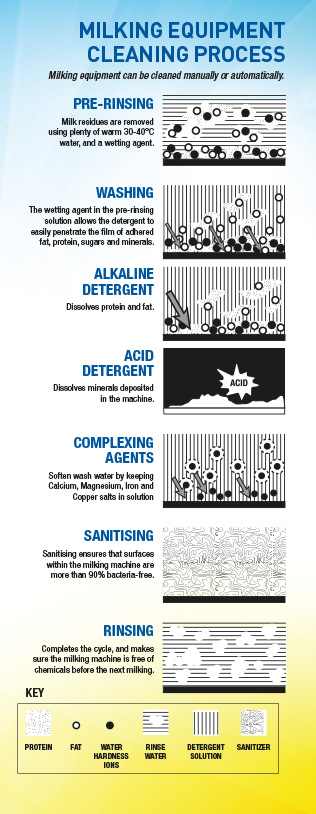
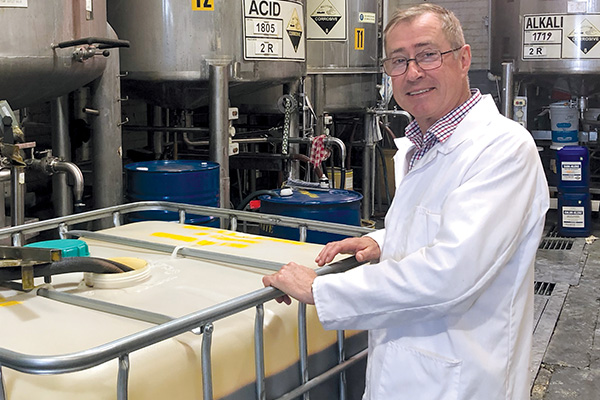
HAMISH HUNT
Special Projects – Daviesway/DASCO
Mobile: 0400 118 749
Email:
Hamish has worked with DASCO/Daviesway on special projects for 21 years. The Industrial Chemist graduated with a degree in Bachelor of Applied Science in Applied Chemistry from RMIT University in Melbourne in 1986 – before adding further study in Bio Science and Genetics.

